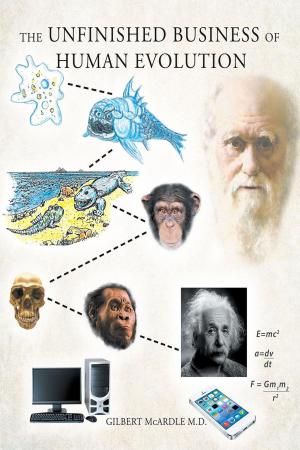Before and After the Project Starts: Enabling Organizational Goals While Preventing Disaster
Business & Finance, Human Resources & Personnel Management, Nonfiction, Reference & Language, Reference| Author: | E. Charles E. Moone, MBA, PMP | ISBN: | 9781640824652 |
| Publisher: | Page Publishing, Inc. | Publication: | December 18, 2017 |
| Imprint: | Language: | English |
| Author: | E. Charles E. Moone, MBA, PMP |
| ISBN: | 9781640824652 |
| Publisher: | Page Publishing, Inc. |
| Publication: | December 18, 2017 |
| Imprint: | |
| Language: | English |
A complex world surrounds the project team. Led by a project manager and judged by the board of directors, executives, customers, and employees, it would be tempting to ask why anyone would choose to work within such an environment, let alone encourage and lead the organization on a potentially perilous road. The answer is simple—there is great joy in working with the talented and able participants engaged in a project while pursuing and satisfying the organization’s needs.
Prescribed procedures are part of project management. It is these procedures that provide stepping stones from where we are today and what we want and expect to be tomorrow. Many procedures and best practices are based on A Guide to the Project Management Body of Knowledge and ISO 21500, Guidance on Project Management.
These guides provide best practices and international standards as well as frameworks that are coupled with steps that should be followed to effectively implement the best practices. However, neither guide discusses how to ensure that people will welcome the results of a project with open arms and embrace wholeheartedly the impact that has been imposed on them.
Since people are involved in these projects, their behavior and well-being must be provided for—especially when environmental and procedural changes are being made. Ignoring the psychological and emotional impact on people may result in project failure.
It is the project manager’s responsibility to examine, understand, and implement best practices, determine the level at which a best practice is used, and accommodate the physical and mental needs of people affected by the projects.
A complex world surrounds the project team. Led by a project manager and judged by the board of directors, executives, customers, and employees, it would be tempting to ask why anyone would choose to work within such an environment, let alone encourage and lead the organization on a potentially perilous road. The answer is simple—there is great joy in working with the talented and able participants engaged in a project while pursuing and satisfying the organization’s needs.
Prescribed procedures are part of project management. It is these procedures that provide stepping stones from where we are today and what we want and expect to be tomorrow. Many procedures and best practices are based on A Guide to the Project Management Body of Knowledge and ISO 21500, Guidance on Project Management.
These guides provide best practices and international standards as well as frameworks that are coupled with steps that should be followed to effectively implement the best practices. However, neither guide discusses how to ensure that people will welcome the results of a project with open arms and embrace wholeheartedly the impact that has been imposed on them.
Since people are involved in these projects, their behavior and well-being must be provided for—especially when environmental and procedural changes are being made. Ignoring the psychological and emotional impact on people may result in project failure.
It is the project manager’s responsibility to examine, understand, and implement best practices, determine the level at which a best practice is used, and accommodate the physical and mental needs of people affected by the projects.















